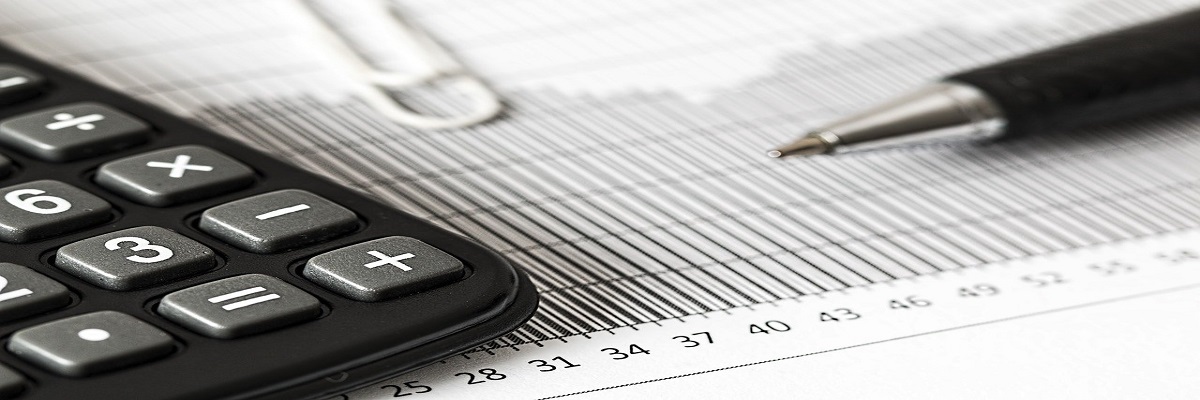Call: 888-297-6203
Bankruptcy filing is a tough but necessary decision, especially if you struggle with a huge debt. Loss of a job, sudden medical expenses, or a messy divorce can lead to an unexpected monetary crunch. If you are facing difficulty in managing finances and have creditors hounding you, seeking consultation from a bankruptcy attorney is advised. One of the major concerns is whether taxes owed to IRS can be discharged on bankruptcy filing? For this, you need to fulfill certain conditions.
The 3-year rule: As per Bankruptcy Code 507(a)(8)(A)(i), taxes become due on April 15 of the year succeeding the year in which the income was earned. Thus, for any income earned in 2017, the taxes will be due on April 15, 2018. In this case, a bankruptcy case filed on or after April 15, 2021, will help get a discharge for these taxes. If you have obtained an extension to file the tax return, this 3-year rule will begin from the date when the taxes are due as per the extension.
The 2-year rule: As per Bankruptcy Code 523(a)(1)(b)(ii), if you fail to file the tax return on time, you cannot include the unpaid taxes in your bankruptcy case unless you have filed tax returns two years before bankruptcy case filing. However, even if you file for tax returns late, if the bankruptcy case filing has been done after2 years of tax return filing, you can include the taxes in your case.
The 240-day rule: Apart from the 3-year and the 2-year rule, you also need to comply with the 240-day rule. According to this rule, the taxing agency must have assessed the client’s taxes at least 240 days before the filing of their bankruptcy case in order to include the owed taxes for a discharge in the bankruptcy filing.
To know more about the debts that can be discharged in a bankruptcy case, call 888-297-6203 to consult experienced bankruptcy lawyers in Los Angeles.

